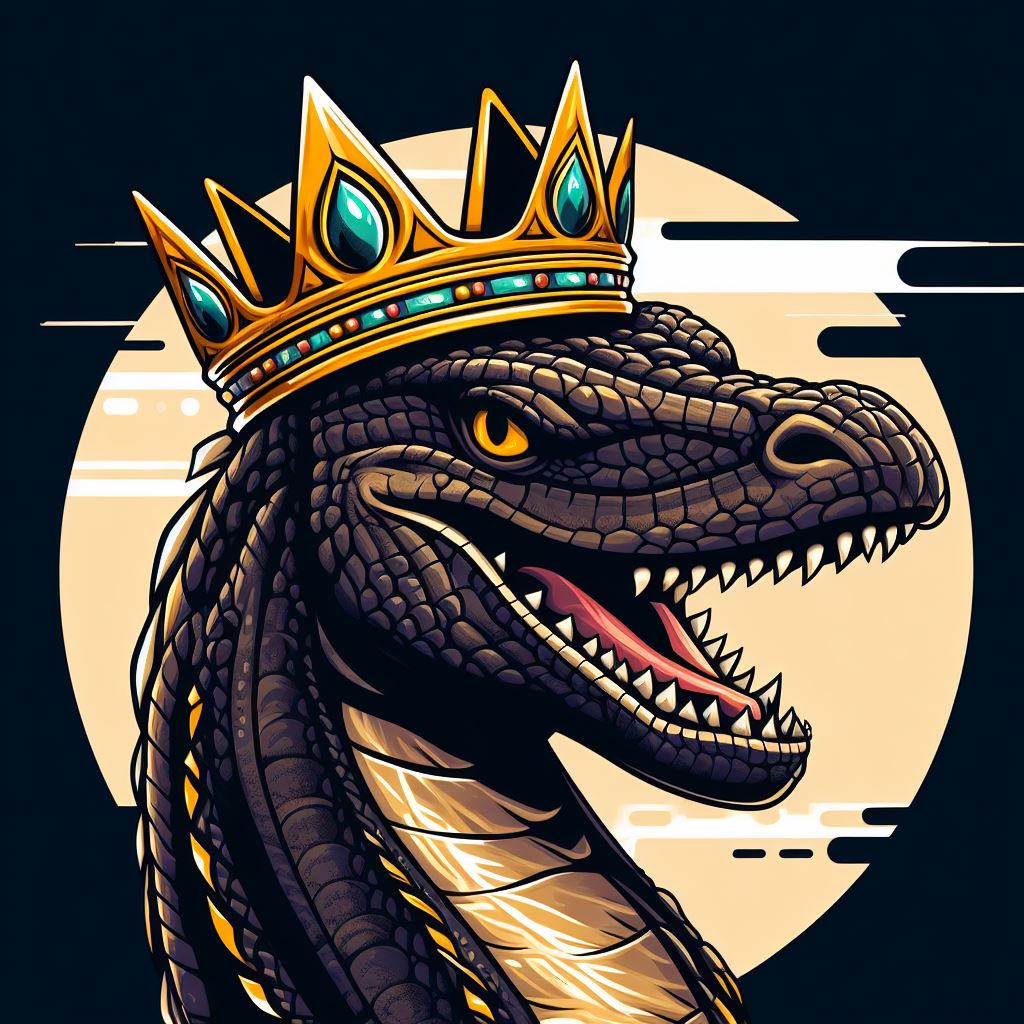And when both get too close, that’s when you release yellow
Green is clearly the next colour release, to complete the RGB cycle
And then yellow with bonus pikachu.
No, next one is obviously the transparent alpha version to complete “RGBA”.
But only in Japan.
Their competitors should release in CYMK
All hail the glow! The glow protects, the glow keeps us safe in its warn red,green and blue bosom.
I do remember seeing one of their terms saying something along the lines of “similar games will count as one” for the purposes of installs+revenue, that or someone mentioning it. Can’t seem to find it anymore, maybe they removed it? EDIT - Found one mention of it, “Games or apps with substantially similar content may be counted as one project”, Unity probably went back on this one, as it’s not listed on the FAQ right now
Though considering Pokemon Shining Pearl/Brilliant Diamond runs on Unity, I doubt they’d want to let such a high selling game go untaxed.
The terms have been changing every day, it’s such a shitshow. Like maybe they should’ve discussed and ironed out the specifics with the community before changing everything idk.
‘All games featuring left handed protagonists will incur a 50% fee per purchase based on the first 4 weeks of sales’
Zelda fans in shambles
They hit the threshold many times over.
Just goes to show nobody at Unity bothered to think this shit through. With the clause they’re going to have so many lawsuits with similar-but-not-same games, without the clause devs can dodge the fees like this.
Aww too bad. I thought this was really clever. But okay, Unity lawyers thought of that already. x(
They have a clause in the announcement that if two games are sufficiently similar is content, they are counted as the same game.
How arethey are going to determine that you ask? Probably the same way they are using to determine install count: pulling it out of their ass.
Malicious compliance material. I love it!
Or use a different engine.
That would be a valid option… If the game was in the planning stage.
This is what worries me about Dyson Sphere Program. They “technically” have a finished product right now, and are still in beta. Hopefully they get the Dark Fog implemented before they have to kill the project.
Inb4 Silksong gets delayed till 2032 while they switch engines
Which is consistent with my criticism. The OP says from now on, meaning future games as well.
But this will cut the Steam metrics in half and thus the Steam store algorithm will push the game to the Steam users less. Unless of course they both sell well then you get put in front of a user twice.
There should be a fun different Easter egg, depending on the version.
Why stop there? ROYGBIV is your friend.
Isn’t that retroactive?
There’s a minimum install limit before the fee kicks in. But since Unity can just make more retroactive rules, this strategy can implode at any moment.
Any strategy can implode at any moment, except leaving Unity far behind you.
This strategy can backfire if your game gets popular enough. If both versions are counted separately and they each pass 1mil downloads and the 12 month revenue threshold then you’re paying the higher per-install fee brackets twice.
To demonstrate, let’s imagine a game like this has 4 million installs in the first year and uses the Enterprise plan for the best pricing structure.
Scenario A: single version
- First 1,000,000 @ $0.00: $0
- 1,000,001-1,100,000 @ $0.125 : $12,500
- 1,100,001-1,500,000 @ $0.06 : $24,000
- 1,500,001-2,000,000 @ $0.02 : $10,000
- 2,000,001-4,000,000 @ $0.01 : $20,000
- Total cost: $66,500
Scenario B: two versions priced separately, 2 mil installs each
Each one is the first four lines above, so the total cost is $46,500*2 = $93,000
In either scenario, additional installs beyond these 4 million cost $0.01 each (regardless of which game it’s installed on). There’s a fine line of staying below the annual revenue thresholds (or not too far above) where this strategy does save you money.
Couldn’t they just release green version and yellow version when they reach the first threshold, ad infinitum?
I’m holding out for fuchsia version






